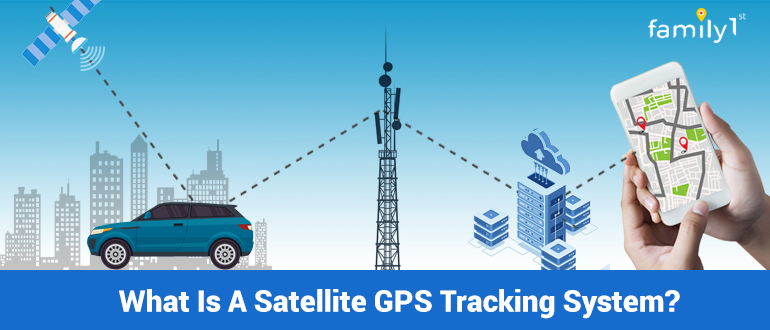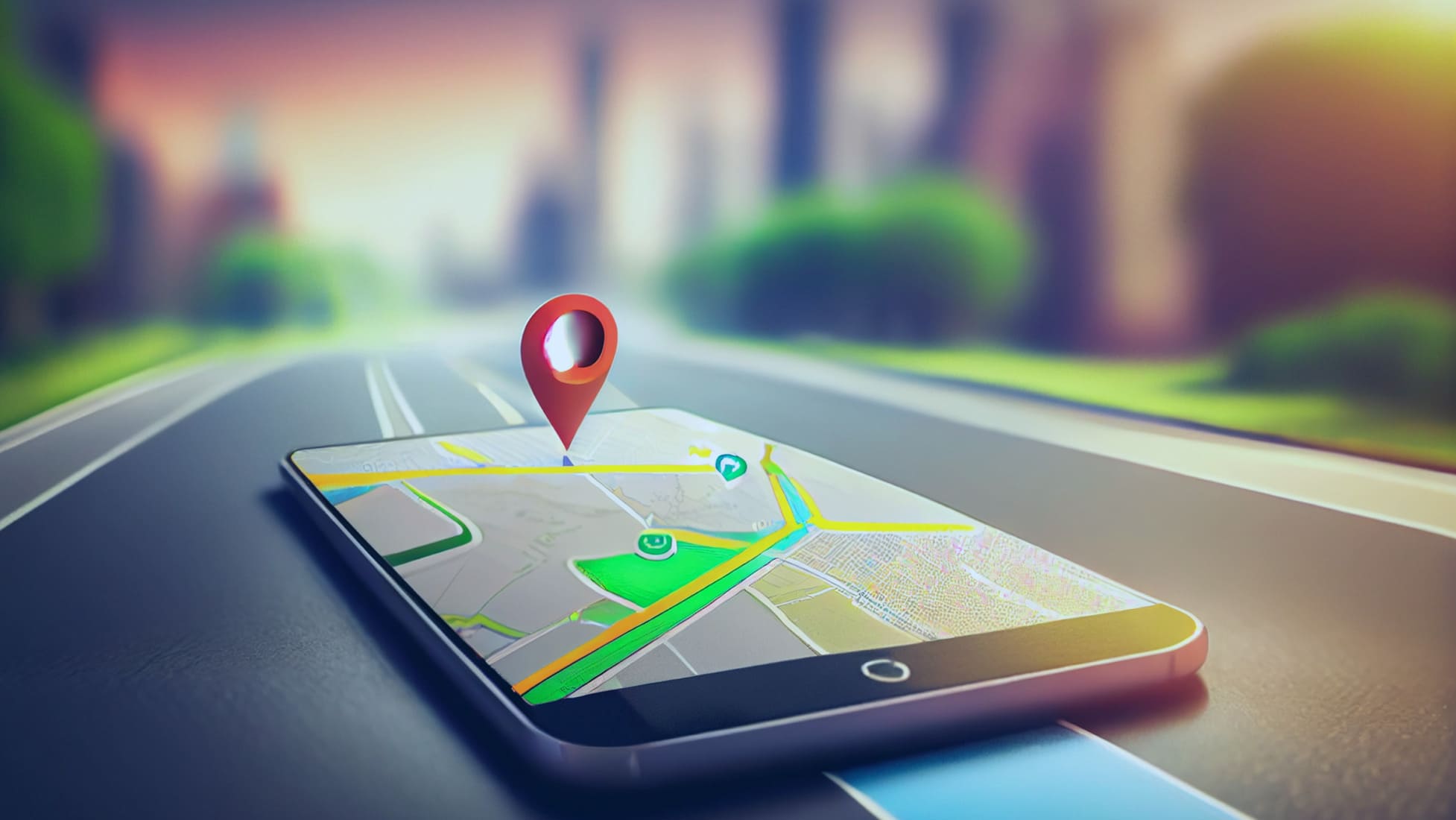How GPS Tracking Can Boost Your Organization Workflow
How GPS Tracking Can Boost Your Organization Workflow
Blog Article
Navigating the Future of GPS Monitoring: Technologies, Difficulties, and Opportunities Ahead
As we stand at the crossroads of societal implications and technical innovations, the landscape of GPS monitoring is positioned for a transformative trip ahead. The evolution of GPS modern technology has been fast, introducing a brand-new age of real-time tracking abilities that guarantee unprecedented degrees of precision and efficiency. However, with terrific advancement comes great duty, as data privacy concerns loom large and security challenges in general practitioner monitoring raise pertinent concerns regarding safeguarding sensitive details. Yet, in the middle of these obstacles exist hidden opportunities waiting to be discovered, providing a peek right into the untapped potential of an industry at the brink of change.
Advancement of GPS Modern Technology
Created for military purposes, GPS technology has advanced to become an ubiquitous device in different sectors, consisting of transport, logistics, agriculture, and individual navigation. Early General practitioner systems were defined by restricted insurance coverage, reduced accuracy, and bulkier equipment needs.
One secret landmark in the evolution of GPS technology was the development of Discerning Availability (SA) in the 1990s, which intentionally deteriorated the accuracy of civilian GPS signals. The discontinuation of SA in 2000 dramatically boosted GPS precision for noncombatant customers. Succeeding innovations, such as the release of added satellite constellations like Galileo and BeiDou, have better enhanced GPS protection and accuracy, making it a crucial device in daily life. As general practitioner technology continues to advance, we can expect further enhancements in performance, accuracy, and insurance coverage, opening up brand-new possibilities for advancement and applications throughout various markets.
Real-Time Monitoring Improvements
Structure on the developments in GPS modern technology that have actually reinvented accuracy and protection, real-time monitoring has become a crucial location of innovation with profound implications throughout different sectors. Real-time monitoring advancements make it possible for organizations and organizations to keep track of automobiles, assets, and personnel instantly, offering important understandings for decision-making processes - gps tracking. By leveraging real-time information, firms can boost functional effectiveness, boost customer care, and guarantee the safety and security of their properties
One of the essential innovations in real-time tracking is the assimilation of expert system and artificial intelligence formulas, which enable predictive analytics and anomaly detection. These capabilities enable proactive upkeep organizing, course optimization, and threat reduction strategies. The development of real-time monitoring systems has led to the growth of personalized dashboards and mobile applications, equipping individuals to accessibility crucial information anytime, anywhere.
Data Privacy Problems
Data privacy worries include numerous facets, including the storage, sharing, and retention of place data. Companies should implement robust protection actions to protect general practitioner tracking data from cyber dangers and information violations. Clear policies pertaining to information collection techniques and the function of tracking are vital to build trust fund with customers and make sure compliance with data security laws.

Safety Difficulties in GPS Tracking
Dealing with data privacy problems in GPS tracking is intricately connected to reducing the safety challenges that occur from possible susceptabilities in the innovation. One of the main protection obstacles in GPS monitoring is the threat of unauthorized accessibility to delicate location information.

Another safety and security challenge is the possibility for spoofing or find more info jamming general practitioner signals. By relaying false signals or interfering with legit ones, harmful actors can deceive GPS receivers and control area data. This presents risks not only for individual customers however likewise for armed forces and governmental applications that count on accurate positioning information. Applying robust encryption, authentication steps, and signal confirmation methods are important steps in resolving these safety obstacles in GPS monitoring.
Arising Opportunities in the Sector
The burgeoning field of GPS tracking modern technology offers a myriad of appealing opportunities for sector growth and advancement. One crucial chance exists in the growth of general practitioner tracking applications past conventional industries. Industries such as logistics, transport, and fleet monitoring have actually been early adopters of general practitioner technology. Arising possibilities are now developing in locations like health care, farming, and ecological monitoring. For example, general practitioner tracking can reinvent client treatment by enabling remote surveillance of crucial indicators and guaranteeing timely medical assistance. In agriculture, GPS innovation can maximize crop monitoring methods and enhance overall yield. Furthermore, environmental surveillance can gain from GPS monitoring by making it possible for real-time information collection for climate study and conservation initiatives.
Additionally, the raising demand for linked tools and IoT services provides a ripe possibility for General practitioner monitoring companies to broaden their offerings and produce cutting-edge services that cater to a more connected world. By capitalizing on these arising opportunities, GPS tracking firms can position themselves for sustained development and success in the vibrant landscape of the sector.
Verdict
In verdict, the future of GPS monitoring is marked by constant development and innovation in innovation. As the industry relocates ahead, browsing these obstacles will certainly be essential to make certain the continued development and success of GPS tracking innovation.
With excellent innovation comes excellent responsibility, as information personal privacy issues loom huge and safety challenges in General practitioner tracking raising significant questions regarding guarding sensitive information.With the quick spreading of General practitioner tracking modern technology in numerous sectors, dealing with data personal privacy issues has become a crucial imperative for both services and consumers alike. The collection of visit location data with GPS tracking elevates substantial personal privacy issues, as it enables the tracking of people' actions and activities. Services utilizing GPS tracking should focus on guarding this information to protect against unauthorized accessibility or misuse that might compromise individuals' personal privacy legal rights.
Companies should apply durable safety and security measures to shield GPS monitoring data from cyber dangers and data breaches.
Report this page